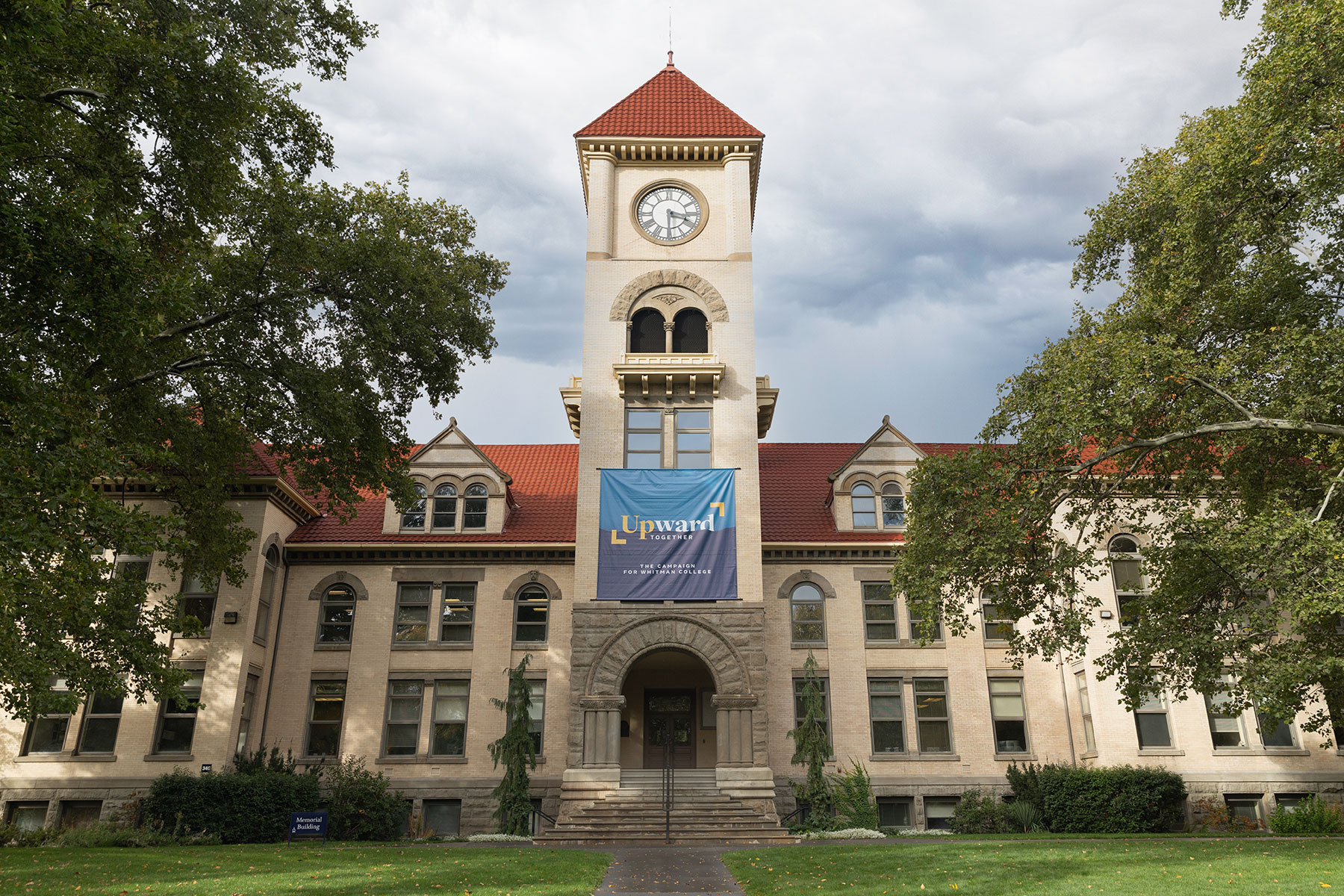In the dynamic landscape of nonprofits, fundraising is an essential pillar to supporting the mission, operations, and constituencies they serve.
While many hands contribute to the success of fundraising, one pivotal group often stands out—the board of directors or similar fiduciaries of the nonprofit. Board members, especially those serving small- to medium-sized nonprofit organizations at the community level, should be leveraged to serve as extensions of the staff in the roles of convener, bridge builder, ambassador, and solicitor.
Board members have a wide range of responsibilities and are typically enlisted based on several factors including their talents, interests, professions, diverse backgrounds, networks of friends and contacts, and their philanthropic capacity to make meaningful charitable gifts. Collectively, these qualities and characteristics translate into the board’s ability to effectively govern the nonprofit, determine its strategic direction, set policy, and provide the resources necessary to successfully meet its mission. With this vast array of responsibilities, the board’s active participation in the fundraising process is oftentimes underestimated or even overlooked altogether. As advocates for the nonprofit, board members possess a passion, the motivation, and the insider information that can undeniably win others to support its cause.
Every board member has important qualities and a skill set that contributes to the overall health and vitality of the nonprofit. While most do not have a professional fundraising background or even a natural bent toward asking for gifts, all can play key roles which will have a significantly positive influence on supporting the mission and growing impact:
Ambassador
Most often atop any nonprofit’s list of organizational priorities is to become more well-known in the community by sharing its story and mission more broadly and loudly across a variety of communication channels. Board members, as ambassadors, often serve in leadership roles within their own communities or places of work. As ambassadors, being out in front on behalf of the nonprofit and sharing what is best about the mission, especially within their own large circles of influence or personal networks, will inspire others to want to learn more. Communicating their reasons for making a significant gift commitment alongside an invitation to similarly join them in doing so will encourage others to consider the investment opportunity as well.
Convener
Possessing a culture of philanthropy within a nonprofit is indicative of highly successful fundraising programs and can be strongly supported through creating connections amongst groups of volunteers and/or donors. At BWF, we have learned through multiple client-facing studies that when donors are friends with other donors their lifetime value to the nonprofit is four to five times greater than if those relationships did not exist. For example, board members who already enjoy the art of entertaining can easily host small- or medium-sized groups of prospective donors alongside the president, executive director, or other key leaders of the nonprofit at their homes or places of choice.
Bridge Builder
Relationships all need ongoing management to ensure they are in the best possible place before encouraging gifting to the nonprofit. Board members, often recognized by others through their extraordinary volunteer leadership giving of both time and talent, are uniquely positioned to build stronger bridges between donors and the nonprofit. When donors hear directly from a board member that their participation in the nonprofit matters greatly, the relationship can be further cemented. Perhaps, for instance, if some donors have lapsed in their gifting, a board member’s outreach to them can rekindle the relationship, thereby providing a new jump start. Personalized peer-to-peer influence is single-handedly the best way to connect or reconnect donors to the mission and can have an extremely positive effect on encouraging subsequent gifting.
Solicitor
Board members are not expected to be professional fundraisers, yet some are intrinsically motivated and look forward to inviting others to make a commitment and enjoy sharing in the joy when a prospective donor says “yes” to the ask. It is always recommended and a good practice in a solicitation meeting that those present have made a commitment themselves before inviting others to do so. Solicitations are successful when an appropriate ask amount has been determined, is solicited at the right time, and involves the right people. When board members make a direct solicitation and/or join a nonprofit executive leader in doing so, sharing their personal connection to the mission and reasons for making their own significant commitments can be an influential factor in closing the gift.
The power board members can have when they take an active role within the fundraising program and champion organizational success should not be underestimated. Every board member does not have to play every role, but each board member should play at least one role. Increasing volunteer engagement in philanthropy will require identifying champions within the board who are willing to lead by example in the aforementioned roles and encourage others to join them. Additionally, nonprofit leadership will need to be committed to educating and involving board members and establishing a solid process by which to partner with nonprofit leadership to achieve the desired goals. Board members who share the vision and their personal commitment to a nonprofit are indispensable in helping to drive the nonprofit towards its financial goals and fulfilling its mission to society.
To learn more about how BWF can help you strengthen your board members’ understanding of their roles in governance and achieve your fundraising goals, please contact sales@bwf.com.




